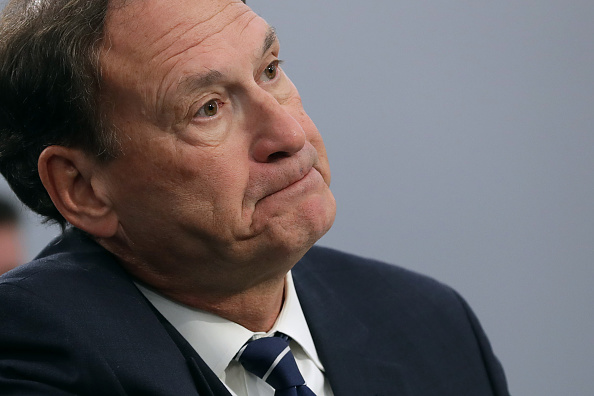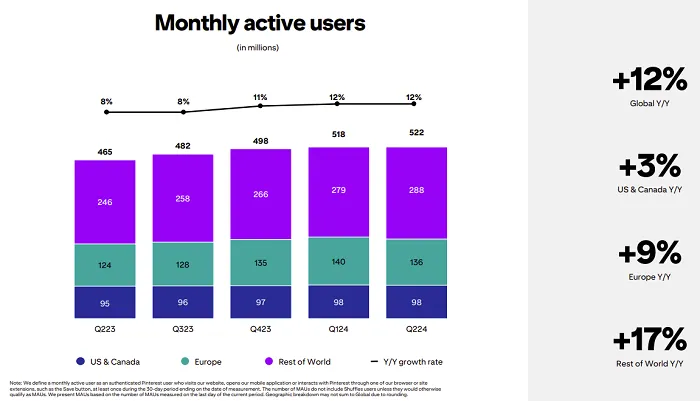Samuel Alito Was The Big Supreme Court Loser This Term
Justice Samuel Alito, the conservative stalwart of the Supreme Court, found himself on the losing side of several key decisions this term. Known for his strong conservative views and strict interpretation of the Constitution, Alito’s dissents often provide a glimpse into his legal philosophy and approach to judicial decision-making. However, this term saw him in the minority more often than not, with Chief Justice John Roberts often siding with the liberal justices in closely divided cases.
The Big Cases
One of the most notable cases in which Justice Alito found himself in the minority was June Medical Services v. Russo, a case involving a Louisiana law restricting access to abortion. Alito joined Justice Clarence Thomas in dissenting from the majority opinion that struck down the law, arguing that it did not place an undue burden on women seeking abortions. The decision reaffirmed the Court’s precedent in Whole Woman’s Health v. Hellerstedt, which held that similar restrictions in Texas were unconstitutional.
In Seila Law v. Consumer Financial Protection Bureau, Alito again found himself in the minority as the Court upheld the constitutionality of the CFPB’s structure, which he deemed an unconstitutional infringement on executive power. Despite his dissent, the majority opinion authored by Chief Justice Roberts affirmed the bureau’s existence and authority, much to the chagrin of Alito and his conservative colleagues.
Alito’s Dissents
Throughout the term, Justice Alito authored several impassioned dissents, expressing his disagreement with the majority’s interpretation of the law and the Constitution. In Department of Homeland Security v. Regents of the University of California, Alito criticized the majority’s decision to strike down the Trump administration’s attempt to end the Deferred Action for Childhood Arrivals (DACA) program, arguing that the executive branch had the authority to do so.
Similarly, in Bostock v. Clayton County, Alito dissented from the Court’s decision that Title VII of the Civil Rights Act of 1964 protects LGBTQ employees from discrimination based on sexual orientation and gender identity. Alito’s dissent centered on his belief that the majority was engaging in judicial activism by expanding the statute beyond its original meaning.
Conclusion
Justice Samuel Alito may have been the big loser this term, but his principled dissents and steadfast adherence to conservative principles have solidified his place as a leading voice on the Court. As the Court continues to grapple with controversial issues and contentious cases, Alito’s dissenting opinions will serve as a reminder of the importance of diverse perspectives and rigorous legal analysis in the judiciary.
FAQs
1. How many cases did Justice Alito dissent in this term?
Justice Alito dissented in several key cases this term, including June Medical Services v. Russo, Seila Law v. Consumer Financial Protection Bureau, Department of Homeland Security v. Regents of the University of California, and Bostock v. Clayton County.
2. What is Justice Alito’s judicial philosophy?
Justice Alito is known for his strict interpretation of the Constitution and his conservative views on legal issues. He often emphasizes the importance of adhering to the text of the law and the original intent of the framers.
3. How has Justice Alito’s dissenting opinions influenced the Court?
While Justice Alito’s dissents have not always prevailed, they have played a crucial role in shaping the legal discourse on the Court and providing alternative perspectives on contentious issues. His opinions have been cited in subsequent cases and have prompted lively debates among legal scholars and practitioners.




